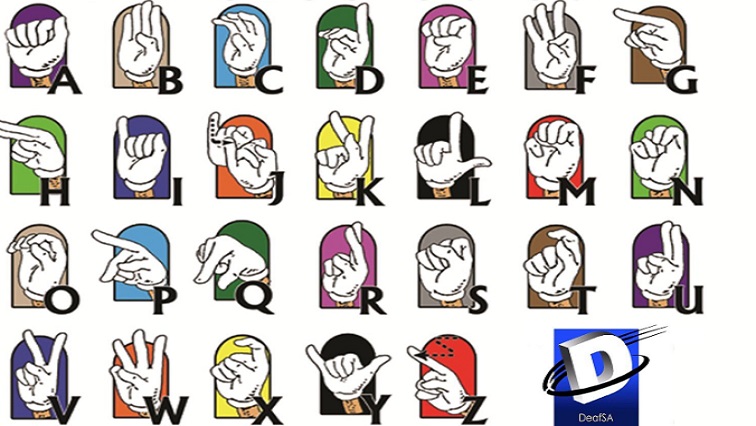President Cyril Ramaphosa signed the constitution 18th amendment bill into law on Wednesday, more than two months after the national assembly passed it, making South African sign language the 12th official language.
The National Assembly passed the bill with more than the required two-thirds majority vote. Political parties that participated in the debate on the May 2 this year were unanimous in supporting the bill.
National Assembly House Chairperson, Cedric Frolick says, ” The result is as follows, there are 306 members who have now voted in favour. There are no abstentions and no one voted against. As the required majority has been obtained in terms of section 74 subsection 72 of the constitution the bill has been passed”
The African National Congress (ANC), Wilma Newhoudt-Druchen says, “We wish it was yesterday, we wish the president signed it already yesterday. As soon as possible, but yes, we understand that there is a process. Parliament does need to inform the presidency and I believe that the department of justice needs to be informed that parliament has passed the bill, and now it’s up to parliament to draft a memo to present to the president for him to sign. So, we are looking forward to that. It’s taking too long but we hope it will be done soon.”
More than two months later, the final thumbs up on the bill was given by the President. It was history in the making at the Union Buildings and the public signing of the bill was captured.
During the historic ceremony, Newhoudt-Druchen reflected on the journey for sign language to become an official language.
“The process has been long but it’s not a long road to freedom. Definitely, not that but load to get our language official. So, our children in schools are waiting, waiting in deaf schools. Our students are waiting at deaf universities for those barriers to be removed. So, thank you honorable President. Thank you!”
Now that history has been made, there’s an obligation to increase sign language interpreters for those with hearing disabilities to access crucial services.
Ramaphosa says, “It is also crucial that there are sign language interpreters to enable access to services for people who cannot hear or hear properly. For many years, lack of sign language interpreters at the courts, police stations, hospitals, clinics and many service centres or points has been compromising access to justice for victims of violence, including victims of gender-based violence and many other crimes”
‘Protecting language rights’
The national body responsible for protecting language rights welcomed the historic moment.
Pan South African Language Board (PanSALB) CEO, Lance Schultz says, “The important thing that signals is not only that we now have to embody all the principles of the legal framework, but we also need to move towards ensuring that both the public and private sector get to a state readiness, and that we grow this not only in work that is being done in the universities and in the schools, but that we allow socio-economic opportunities also to manifest itself of people that have been impoverished and marginalised for many-many years, so we are extremely excited about this development.”
The assenting of the constitution’s 18th amendment bill has also been welcomed by the champions of human rights.
The South African Human Rights Commission Commissioner, Andre Gaum says, “It is a victory for the realising of the rights of people with disabilities, specifically deaf people. This will of course have huge implications. The Human Rights Commission has also started to assess the implications for the state in particular, but also for itself because sign language will have to be offered at state institutions also at the Human Rights Commission to make these institutions and it services more accessible to deaf people.”
“So I think all of us need to think what the implications are for ourselves. Also the SABC. In case of the SABC there are still a number of programmes where there aren’t sub titles. And DeafSA has specifically complaint with me that the programmes such as Carte Blanche that they would like to watch does not have subtitles. In the case of the human rights commission we deal with complaints, people coming to the human right commission, laying complaint, we have to interact with them obviously and make the commission more accessible,” Gaum says.
“If we think about the courts one can just think what the implications are as far as that is concerned. But also education in particular basic education, because there are still many schools even, schools for the deaf with teachers without sign language qualifications,” he adds.
Now that sign language is recognised as the 12th official language under Section 6 of the Constitution, it also marks the 18th time that the South African constitution has been amended.

